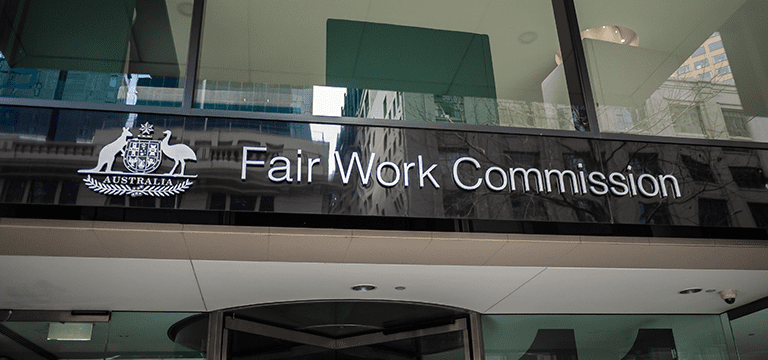

Business in Australia




Employment Law
Australian employment law draws primarily from the following sources:
- Common Law
- Statutory and Regulatory Framework – comprises workplace legislation, the National Employment Standards, and some instruments created under relevant legislation, such as modern awards and enterprise agreements.
The Common Law
In Australia, the common law serves as the main source of obligations in the workplace. A contract of employment is the most prominent source of common law responsibilities. A written or oral employment contract governs every employment relationship in Australia.
A written employment contract is not required, but it is strongly advised. A written employment contract ought to encompass a variety of topics, some of which will differ based on other conditions, such as, but not restricted to:
- Commencement of employment relationship
- Nature of employment relationship
- Remuneration
- Role and seniority of the employee
- Manner in which the relationship can be terminated
- Any specific requirements such as those pertaining to intellectual property, confidentiality, post-termination restraints etc.
Furthermore, if a written contract is absent, the Australian Court may impose onerous terms on the working relationship between an employer and employee.
Individuals employed in the Federal public and private sectors are subject to federal workplace legislation, mainly the Fair Work Act 2009. Those working in the State public sector are mostly regulated by State workplace legislation.
National Employment Standards (NES)
An essential part of Australia’s Fair Work Act 2009, which regulates the employment relationship between employers and employees, is the National Employment Standards (NES). Regardless of the industry or occupation, the NES lays down the minimal working standards that must be offered to all workers to guarantee a baseline of impartial and uniform treatment across the Australian workforce.
Ten essential rights are encompassed within the National Employment Standards, including:
- The NES stipulates a 38-hour workweek as the minimum for full-time workers, with room for acceptable overtime. Employers are not allowed to mandate unreasonable overtime hours from employees.
- Requests for flexible work schedules can be made by employees who are 55 years of age or older, have impairments or disabilities, are parents of young children, are victims of domestic violence, or are responsible for caring for a family member due to critical reasons etc. Employers are required to evaluate and discuss these requests honestly.
- Parental leave benefits are outlined in the National Employment Standards (NES). Eligible employees are entitled to up to 12 months of unpaid leave, and they may also request an extension of up to a total of 24 months.
- A minimum of four weeks of paid annual leave, or five weeks for shift workers, is guaranteed to employees for each year of service.
- There are two days of unpaid compassionate leave and ten paid personal or carer’s leave that employees are entitled to each year.
- Employees are eligible to paid time off for participating in voluntary emergency service or jury duty, among other community service-related activities.
- The long service leave minimum rights are outlined in the NES and vary based on the Australian jurisdiction. Extended service leave becomes available to employees after a certain period of continuous service.
- Employees are entitled to paid time off on public holidays under the NES.
- The NES specifies the minimum notice periods for termination according to the employee’s age and duration of service. Additionally, it offers eligible workers severance or redundancy pay in the event of a layoff.
- The Fair Work Information Statement, which describes employees’ rights and entitlements under the NES, must be given to new hires by employers.
National Employment Standards (NES)
Industrial Instruments, such as modern awards and enterprise agreements, regulate employment terms and conditions for most of the Australian workforce.
Modern awards are legal agreements that offer minimum pay rates and minimum benefits such as overtime and penalty rates, allowances, leave loading, superannuation, procedures for consultation, representation, dispute resolution, and redundancy pay. A flexibility clause that permits employers and employees to establish a unique flexibility arrangement under specific authorised circumstances must be included in modern awards.
Enterprise agreements, sometimes referred to as collective agreements, are mutually negotiated contracts that specify the parameters governing employment relationships between companies and their representatives or employees. These agreements cover pay, working hours, leave benefits, and dispute resolution. These agreements have legal backing thanks to the Fair Work Act of 2009, and they are approved by the Fair Work Commission to guarantee legal compliance and equity for employers and employees.

